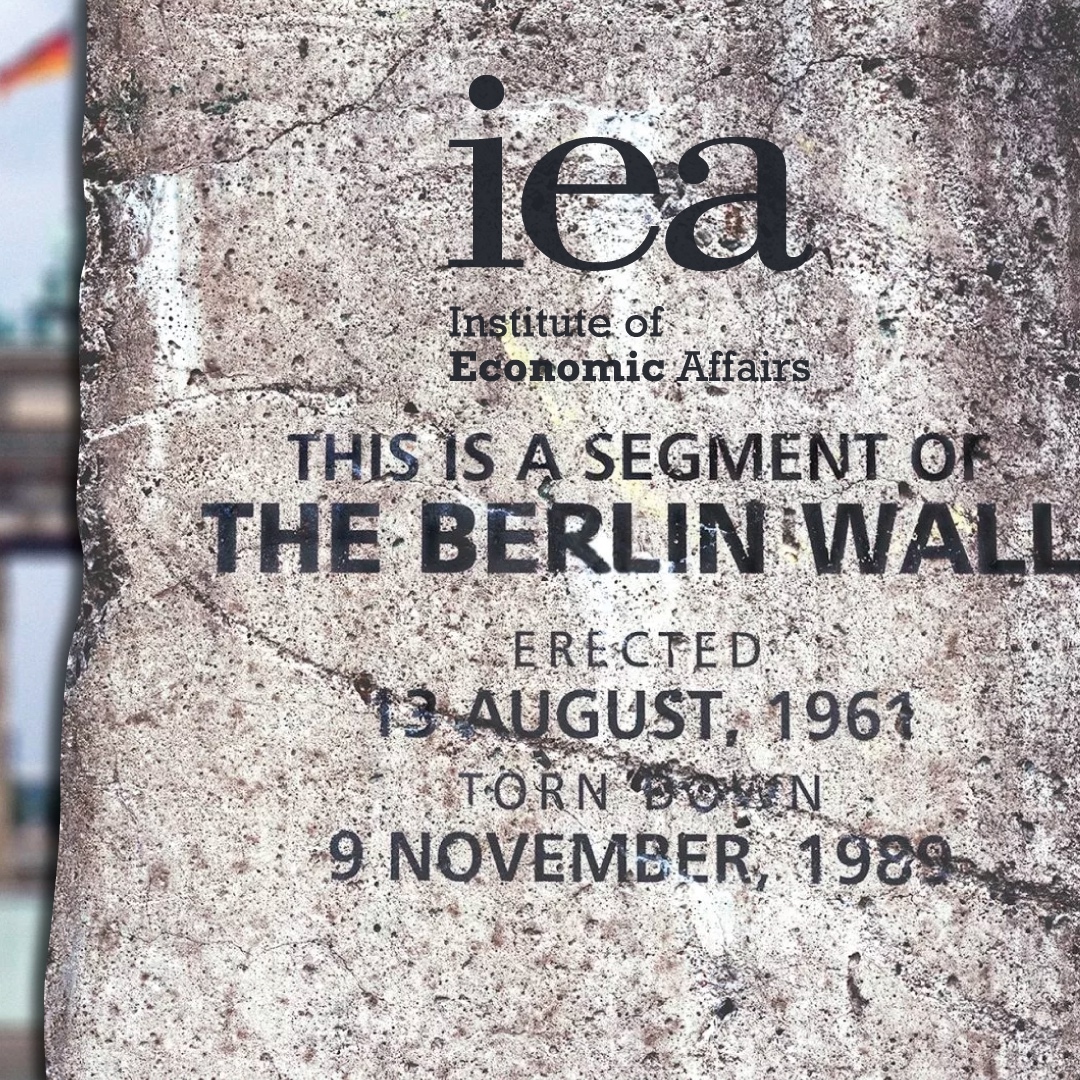Oct 31 2019 29 mins 62
This week marks the 30th anniversary of the fall of the Berlin Wall. Built to separate East and West Germany and to stop the flow of people from East to West, the wall came to symbolise the ideological divide between the communist Soviet bloc and the western democratic capitalism. Years on, East Germany still lags the West. But after four decades of socialism, just how big was the economic gap between East and West? Whilst West Germany experienced aWirtschaftswunder and became one of the world’s economic powerhouses, in 1989, the East German economy lay in shambles. But is this perception correct, or is it sometimes overblown? How different really was the standards of living between East and West and what did it take to overcome the “legacy cost” of socialism after 1989? Today, according to some surveys, many people in Central and Eastern Europe say they miss the “good old days” of socialism, or at least important aspects of it. Some seem to have “buyers’ remorse”, disappointed with the results of economic liberalisation. Does this show that capitalism is not that great, after all? If people still look back fondly on the days of state socialism, can we truly say we’ve won? It’s true to say that socialist ideas has had somewhat of a resurgence in this country. Proponents – often young people – argue that this time around socialism will be different. When challenged, they say Marx never advocated any of the terror, coercion and loss of life incurred under Soviet rule, nor did Marx demand a wall be built through the German capital. Is it therefore inevitable that socialism leads to coercion and the stamping out of freedoms? Or is it as John McDonnell put it, like blaming all Catholics for the Inquisition? Joining the IEA’s Digital Manager, Darren Grimes to discuss the legacy of the Berlin Wall's fall is the IEA’s Head of Political Economy, Dr Kristian Niemitz and author of ‘Socialism: The Failed Idea That Never Dies’.
